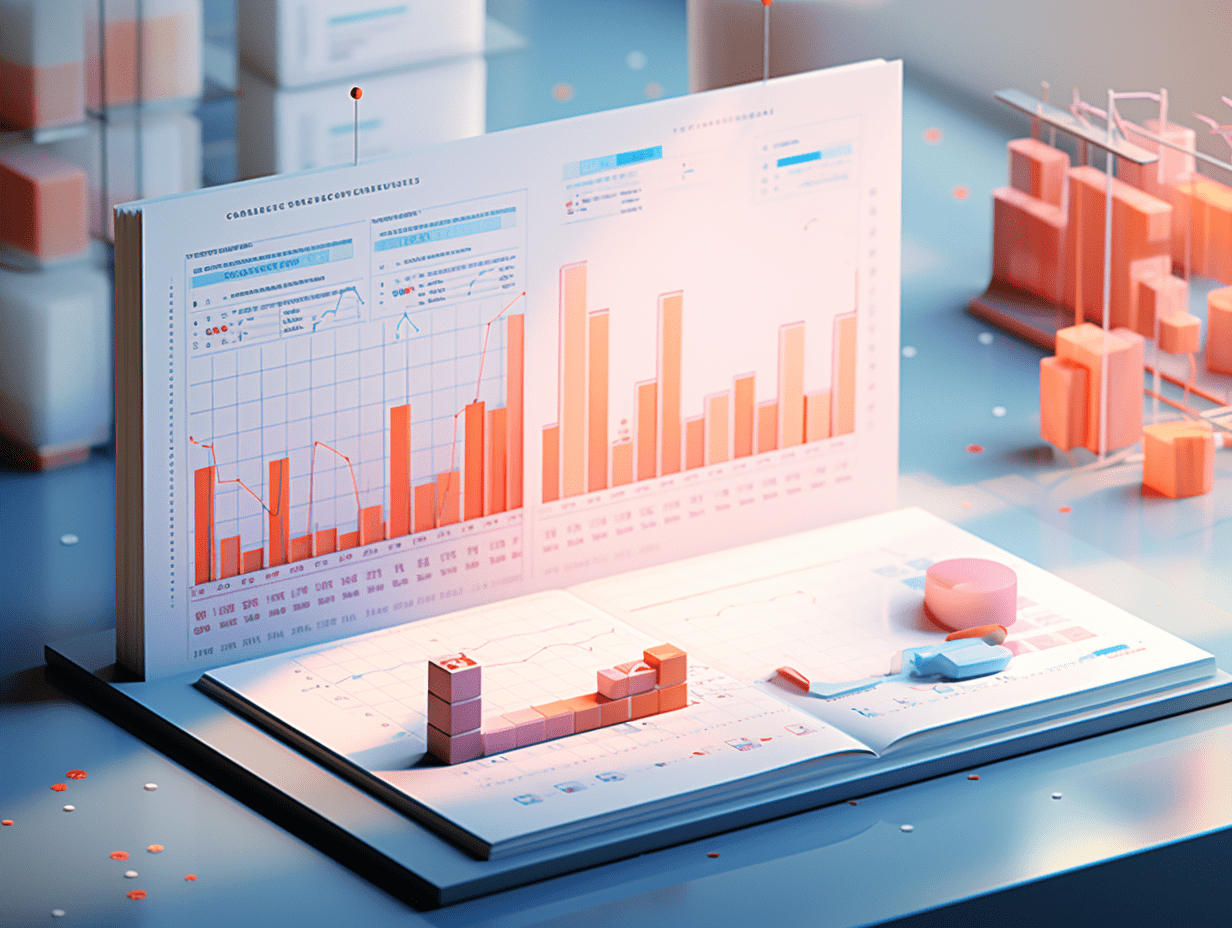"Overnight Hibor reaches its largest weekly decline since May! Analysts believe that short-term financing costs in Hong Kong may have peaked."
As of Thursday, after the overnight Hong Kong Interbank Offered Rate (Hibor) climbed to its highest level of the year on Monday, it has now dropped by 158 basis points this week, marking the largest single-week decline since May.
The short-term financing cost in Hong Kong, China has fallen from a high point. As of Thursday, after climbing to the highest level this year on Monday, the overnight Hong Kong Interbank Offered Rate (Hibor) has dropped by 158 basis points this week, marking the biggest weekly decline since May. Data shows that on Thursday, the overnight Hibor slightly increased by 12 basis points to 2.42%, but still significantly lower than the year's high of 4.65% set on Monday; the one-month Hibor has dropped by 33 basis points to 2.97% this week, while the three-month Hibor has dropped by 22 basis points to 3.08%.
The rapid decline of Hibor is supporting the Hong Kong dollar as increased volatility adds uncertainty to shorting the Hong Kong dollar. This has given the Hong Kong authorities, who have been defending the pegged exchange rate between the Hong Kong dollar and the US dollar for the past few months, some breathing room.
One of the reasons for the increased volatility in local financing costs in Hong Kong is the efforts by the Hong Kong Monetary Authority to defend the pegged exchange rate. Since early June, the monetary authority has bought at least HK$120 billion (approximately $15.4 billion USD) of the local currency. These intervention measures have compressed the aggregate balance (the total amount of cash held by banks with the monetary authority, which is a key indicator of interbank liquidity).
The rise in the Hong Kong stock market this year is also affecting local financing costs. The bullish trend in the stock market has attracted funds from mainland Chinese investors, who need to buy Hong Kong dollars to finance their purchases, further reducing local liquidity levels.
Some analysts believe that the financing costs in Hong Kong seem to have peaked. Samuel Tse, senior economist at DBS Bank Hong Kong, said: "It looks like Hibor is peaking." He pointed out that the rise in Hibor is partly a result of unwinding carry trades, and now that this effect is easing, Hibor should come down. Tiffany Wang, Hong Kong strategist at J.P. Morgan, also believes that there is limited room for further increase in Hibor, with the upper limit for the three-month Hibor at around 3.55%.
It is worth noting that the recent surge in various tenors of Hibor led to an inverted local interest rate curve last Friday, with the one-month Hibor briefly surpassing the three-month Hibor. At the same time, the spread between overnight Hibor and one-month Hibor widened to its highest level since December of last year. Samuel Tse commented on this: "The inverted yield curve implies that the rising trend in Hibor will ease. This curve indicates tighter short-term liquidity, but the market expects financing demand to quickly fade away."
Related Articles

Wall Street's "last hawkish" surrenders! Bank of America bets on the Fed cutting interest rates in September and December, shouting "No rate cuts all year".

Oil prices stuck in a downturn due to "supply glut" market bets Brent crude will fall below $60 a barrel this year.

CMSC: Weak Non-Farm Payrolls Catalyze the Fed's Adding Fuel to Rate Cut Expectations.
Wall Street's "last hawkish" surrenders! Bank of America bets on the Fed cutting interest rates in September and December, shouting "No rate cuts all year".

Oil prices stuck in a downturn due to "supply glut" market bets Brent crude will fall below $60 a barrel this year.

CMSC: Weak Non-Farm Payrolls Catalyze the Fed's Adding Fuel to Rate Cut Expectations.

RECOMMEND

“Land King Harvester” Greentown Sees Profits Plunge 90% to RMB 210 Million as “Survival Becomes Paramount”
04/09/2025

Fed’s Beige Book Reveals Multiple Economic Concerns: Slowing Hiring, Rising Prices, Cautious Consumers
04/09/2025

U.S. Tariff Receipts Soar Past $31 Billion in August, Setting New Monthly Record
04/09/2025


